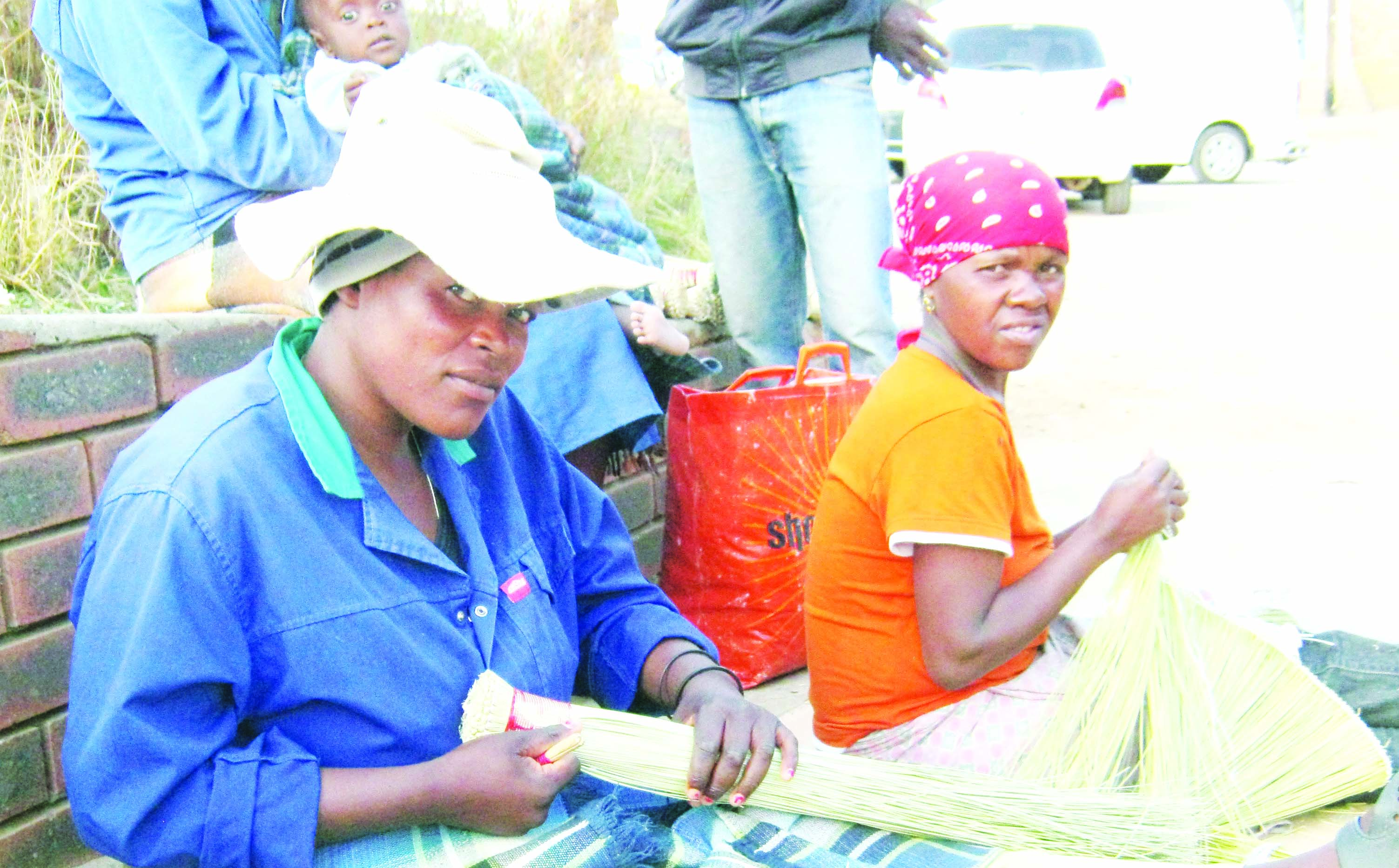Rethabile Pitso
A CALL has been made to harness the gains made in fostering women’s financial inclusion to ensure Lesotho’s economic development.
Addressing a forum to explore ways to increase women’s financial inclusion in Maseru this week, Central Bank of Lesotho (CBL) Governor Dr Retšelisitsoe Matlanyane said more still needed to be done in that regard.
Held under the theme “Advancing Women Financial Inclusion in Lesotho”, the forum was organised by the CBL and attended by prominent women in various sectors.
Among the attendees was First Lady ‘Mathato Mosisili, National Assembly Speaker Ntlhoi Motsamai, New Faces New Voices-Graça Machel Trust Chief Executive Officer Nomsa Daniels and Federation of Women Lawyers representative Kuena Thabane.
Dr Matlanyane said while women in Lesotho were better off than their southern Africa region counterparts in terms of financial inclusion, “there is much scope for improvement”.
“When we compare Lesotho with countries such as Botswana, Swaziland, Namibia and South Africa, we are excelling in providing financial inclusion to women,” she said.
“We however still have a responsibility to improve the livelihoods of more people.”
Dr Matlanyane said the upswing in financial inclusion could be attributed to recent legal reforms that enabled women to access financial credit from banks.
“In recent years, the banking sector experienced a surge in micro-financial lending which came about through the recent implementation of laws such as the Married Persons Act of 2006 which enabled women to obtain credit from banks without the consent of their spouses,” the central bank chief noted.
“Prior to 2006, married women in Lesotho had been regarded as minors or incapable of obtaining credit from banks without the consent of their spouses. But the enactment of that law has enabled more women to access credit independent of their spouses.”
She stressed the need for more reforms to enable marginalised women to access credit.
“There are groups of people within our population who are still excluded, such as the rural population, but thanks to mobile phone services, a majority are now able to make mobile transfers,” Dr Matlanyane said.
“The other group is minors who are often entrusted with the care of other minors. Despite these setbacks, minors and women have demonstrated a great capacity to succeed in business over the years.
“I believe if we could focus on these groups by identifying impediments to their financial inclusion and implement appropriate reforms to harness their potential, our economy would be boosted.”
In her address, Ms Daniels said New Faces New Voices was established under the Graça Machel Trust with the aim of improving women’s access to financial services.
She said Lesotho was faring better than other Southern African Development Community (SADC) countries in terms of female participation in the financial sector.
“In many ways, Lesotho is surprising in comparison to other countries in the SADC region. Eighty-one percent of adults are said to be financially included, while 38 percent are banked according to statistics from the FinScope 2011 survey which might be a little bit out of date, although it is their latest report,” said Ms Daniels.
“Nineteen percent of women in Lesotho are financially excluded, which is tremendous progress compared the continental situation is. It shows that you are doing something right.”
The higher number of banked women in contrast to their male counterparts was another surprising feature in the country, she said.
“What is also interesting in Lesotho is the percentage of women who are banked is slightly higher than the men. When I first saw the statistics, I was puzzled, but as I researched, I learnt that it is because of the ratio of men to women in the population with. Sixty-two percent of the adult population in Lesotho is female versus the 38 percent which is male.”
Ms Daniels said the numbers were equally impressive in other formal sectors such as insurance.
“If we look at non-banking services, statistics show that 82 percent have access or use of insurance. And if you take these statistics at face value in comparison with other African countries, it is hard to know exactly what is driving this. But in the conversation I had with the (CBL) governor last night, I was told it is due to many people having funeral policies.”
She also called for more reforms to include informal businesses into the financial sector.
“Eighty-five percent of businesses in Lesotho are not banked. This is a troubling statistic because it means the majority of people operating SMEs (small and medium-sized enterprises) are not banked,” noted Ms Daniels.
“So here is an immerse opportunity to serve this segment of the market which is being poorly served at the moment but which we saw from earlier evidence can really be the engine that drives growth and employment in our countries.”
She said empirical evidence the world over showed the informal sector had a potential to contribute significantly to economic development.
“There is also evidence from data collected that financial inclusion is positively correlated with gross domestic product growth, so the more people we bring in our financial system, the stronger our economies would be,” she said.




